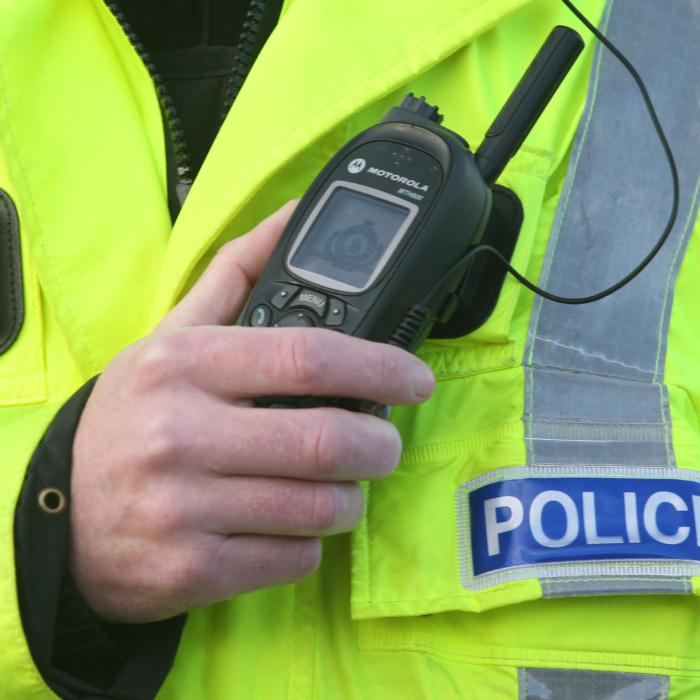The government is planning a rebranded version of anti-social behaviour orders (ASBOs) in a bid to crack down on thuggish and intimidating behaviour by repeat offenders.
Those who wreak havoc in towns and neighbourhoods could face up to two years in jail for breaching the new so-called “respect” orders, the Home Office said on Friday.
While the order itself will be a civil and not a criminal matter, failing to comply with the orders—set out in Labour’s election manifesto as part of the party’s promise to “return law and order to our streets”—will be a criminal offence.
Courts could hand out unlimited fines and order those who flout the rules to carry out unpaid work or abide by a curfew, as well as jailing offenders.
Home Secretary Yvette Cooper described the orders as “a modernised version” of ASBOs, which were introduced by the last Labour government under the premiership of Sir Tony Blair in 1998 and were primarily designed to tackle the problem of juvenile delinquency.
‘Repeat Offenders’
Too many town centres and neighbourhoods are being “plagued by anti-social behaviour” by “hooligans” which “chips away at communities’ sense of confidence and pride, undermines local businesses and can have a devastating impact on victims,” Cooper said.“Respect orders will give police and councils the powers they need to crack down on repeated anti-social behaviour, keeping our communities safe and ensuring repeat offenders face the consequences of their actions.
“These new powers alongside thousands more neighbourhood officers and PCSOs will help this government deliver on our mission to take back our streets.”
Figures show that in the year to September 2023, about a million incidents of alleged anti-social behaviour were reported to the police.
Police and councils will be handed powers to ban persistent offenders from town centres or from drinking in public places such as high streets and parks, with officers able to arrest anyone breaching their order.
Perpetrators could also be told to take anger management courses or attend rehabilitation treatment for drug and alcohol problems to address underlying causes of their behaviour under the plans.
Back to the 1990s?
ASBOs frequently featured in newspaper headlines in the late 1990s and 2000s, and are still used in Scotland but not in the rest of the UK. In 2014, the Conservative-led coalition government replaced the ASBO with an injunction and a criminal behaviour order in England and Wales.Children aged over 10 could receive ASBOs, as this is considered the age of criminal responsibility in the UK. The orders were frequently flouted, however, and there were instances of them reportedly being inappropriately used by the police, with unusual terms and conditions attached.
They were also criticised for sometimes having a lack of clarity, and it was suggested they became a badge of honour within some socially disadvantaged housing estates and communities, with so-called “ASBO kids” making the front pages of tabloids.
The new orders will partially replace civil injunction powers for adults so a “wider range of penalties” become available.
Asked whether the measures marked the return of the ASBO, Cooper told Sky News, “This is a modernised version of ASBOs, because we think we have to have stronger action on anti-social behaviour that particularly is blighting town centres.”
She added: “The Conservatives weakened the powers that were available for action on anti-social behaviour. We’re strengthening the powers, and also we’re putting neighbourhood police back on the beat.”
‘Root Causes’
Harvinder Saimbhi, chief executive of victim support charity ASB Help, said: “We welcome the approach of addressing the root causes of the anti-social behaviour which will in turn work towards reducing reoffending rates, therefore bringing respite to victims and communities. We are keen to see how the respect orders will be implemented.”Last month a watchdog said police “must and can do better” in cracking down on anti-social behaviour.
Inspector of Constabulary Lee Freeman called for a “renewed focus” on staffing neighbourhood police teams, who are often the first to deal with such incidents.
Most police forces in England and Wales need to improve the way they identify, record, and respond to anti-social behaviour, as well as how they protect victims, his inspection report said.
Deputy Chief Constable Andy Prophet, who leads the National Police Chiefs’ Council’s work on anti-social behaviour, said: “Respect orders will give the police and councils the ability to crack down on those who persistently make our streets and public spaces feel unsafe.”
The measures will be introduced to Parliament as part of a Crime and Policing Bill, with a trial planned if the law comes into force to make sure they are “as effective as possible” before the rules are put in place across England and Wales.







